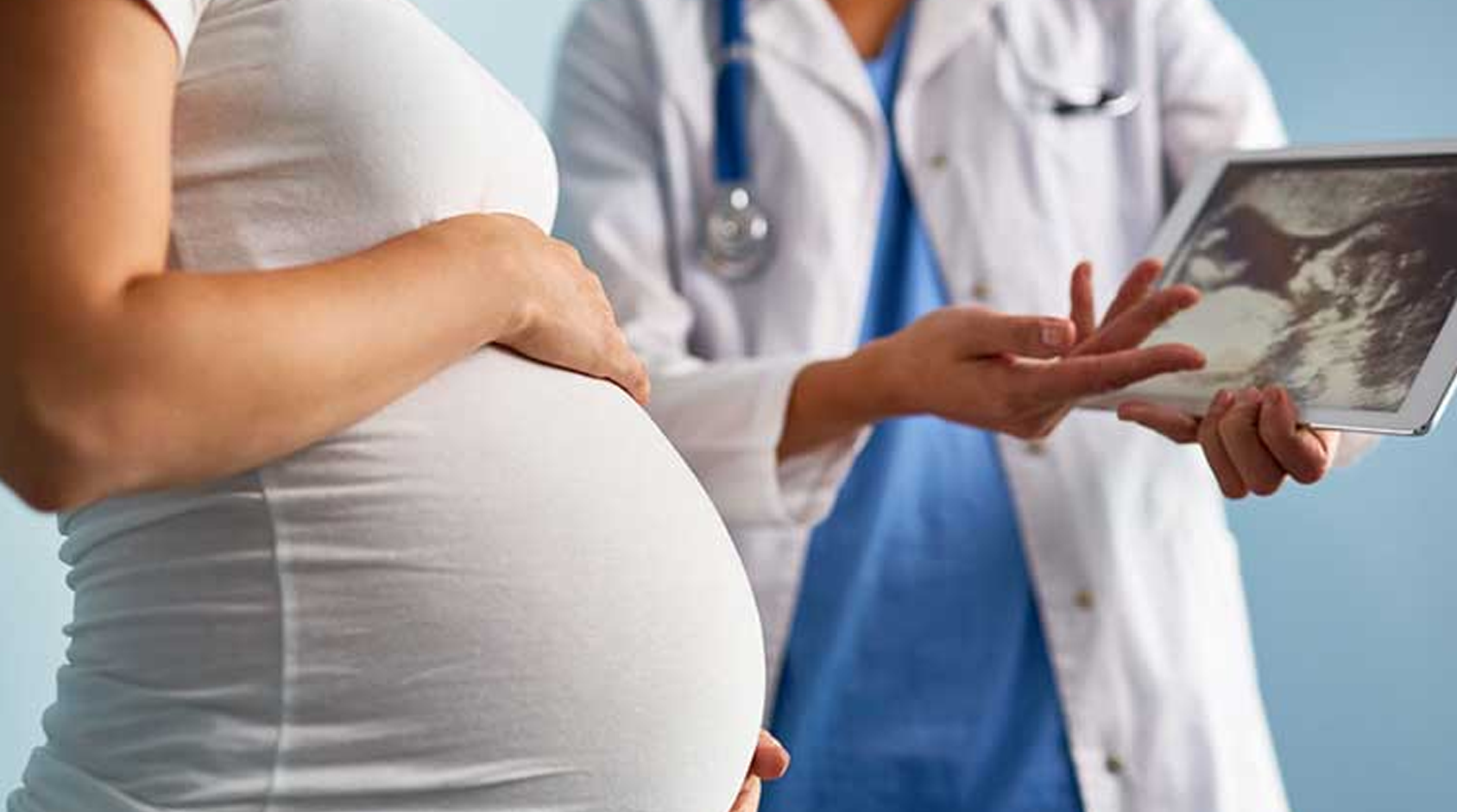
At SNH, we routinely deal with pregnancies complicated by coexisting conditions like
- HTN
- DM
- Previous Cases
- Preterm Labour
- Twin Pregnancy, etc
A high-risk pregnancy unit (HRPU) is a specialized medical facility that provides comprehensive care for pregnant women who are at risk of complications during pregnancy, labor, and delivery. These units are typically staffed by obstetricians, perinatologists, neonatologists, nurses, and other healthcare professionals who are trained to manage high-risk pregnancies.
The goal of an HRPU is to minimize the risk of complications during pregnancy and ensure the best possible outcomes for both the mother and the baby. Women who are considered high-risk may be referred to an HRPU by their obstetrician or midwife. Some of the factors that may increase the risk of complications during pregnancy include:
- Advanced maternal age: Women who are over the age of 35 are at a higher risk of pregnancy complications such as gestational diabetes, high blood pressure, and preeclampsia.
- Pre-existing medical conditions: Women with pre-existing medical conditions such as diabetes, hypertension, or autoimmune disorders may require specialized care during pregnancy.
- Multiple pregnancies: Women carrying more than one baby are at a higher risk of premature birth, gestational diabetes, and other complications.
- History of pregnancy complications: Women who have experienced complications in previous pregnancies, such as preterm labor, gestational diabetes, or preeclampsia, may require extra monitoring and care during subsequent pregnancies.
- Fetal abnormalities: Women carrying babies with chromosomal abnormalities or other fetal anomalies may require specialized care during pregnancy, delivery, and postpartum.
When a woman is referred to an HRPU, she will undergo a comprehensive evaluation to assess her medical history, current health status, and any risk factors that may affect her pregnancy. Based on this evaluation, the healthcare team will develop a customized care plan that addresses the woman's specific needs and concerns.
The care provided at an HRPU may include regular prenatal check-ups, ultrasounds, non-stress tests, fetal monitoring, and other diagnostic tests. The healthcare team may also provide counseling and education on topics such as nutrition, exercise, and stress management to help women manage their pregnancies more effectively.
In addition to prenatal care, HRPUs are equipped to provide specialized care during labor and delivery. The healthcare team may use advanced monitoring techniques to ensure that both the mother and the baby are safe and healthy throughout the labor and delivery process. In some cases, women may require cesarean delivery or other interventions to ensure the safest possible delivery for the baby.
After delivery, women who have been treated in an HRPU may require additional postpartum care and monitoring. The healthcare team will work closely with the woman to ensure that she receives the appropriate follow-up care, including regular check-ups, breastfeeding support, and counseling on postpartum depression and other postpartum concerns.
In conclusion, high-risk pregnancy units play a vital role in ensuring the health and safety of women and babies who are at risk of complications during pregnancy, labor, and delivery. These specialized facilities provide comprehensive care that is tailored to meet the unique needs of each patient. By providing specialized care and monitoring, HRPUs help to minimize the risk of complications and improve outcomes for both the mother and the baby.